Climate change has become one of the most pressing global challenges. Therefore addressing its impact at the local level is crucial. Understanding this urgency, MANAVLOK, Asar Social Impact Advisors, and PDAG (Policy & Development Advisory Group) came together to organise the first-ever Conference of Panchayats (CoPs) on Climate Change in Maharashtra.
The aim of the conference was to create a meaningful dialogue between local communities and climate experts. It also ensured that the actions taken at the grassroots level align with global climate efforts such as COP29, held earlier this year. By drawing inspiration from global discussions, the event sought to tailor climate solutions to the unique challenges faced by Marathwada. It is a region known for its vulnerability to climate-induced issues like droughts and water scarcity.
A Morning Of Awareness And Context
Representatives from Manavlok, Asar, and PDAG set the tone by introducing the concept behind the Conference of Panchayats. The message was clear: local communities are not just victims of climate change but also the primary agents of resilience and adaptation. By emphasizing the importance of Panchayati Raj Institutions (PRIs) in climate governance, they made it evident that the success of climate action depends largely on localised approaches.
The keynote address underscored the need for a structured, localized approach to climate action, one that includes Panchayats as central players. The speakers emphasized that the solutions to climate change should not be solely top-down. They should also come from the ground level, where people experience the immediate effects of climate change.
From Knowledge To Action
The real momentum of the conference began during the context-setting session, where several distinguished speakers shared their knowledge and experiences. Bhagwan Kesbhat, founder of Waatavaran, and Prof. Manjula Bharathy from TISS Mumbai, provided invaluable insights into how panchayats can lead climate governance efforts. Their discussions focused on practical examples and case studies from other regions. He shed light on how local action can play a crucial role in mitigating climate change impacts.
Dr. Sominath Gholwe, with his extensive work on agriculture and drought in Beed, captivated the audience with his detailed analysis of how climate change is affecting local livelihoods. He explained how irregular rainfall patterns, prolonged droughts, and erratic weather conditions were impacting agricultural productivity. That was leading to food insecurity and economic distress for farmers in Beed and surrounding areas.
Mrs. Samriddhi Diwane, the Block Development Officer of Ambajogai, shared her first-hand experiences with climate change impacts in Beed. She highlighted how the region’s vulnerability to climate change is exacerbated by a lack of infrastructure, weak governance structures, and insufficient community awareness. Her insights reinforced the need for urgent and collaborative action. It also underscored the importance of building climate resilience at the local level.
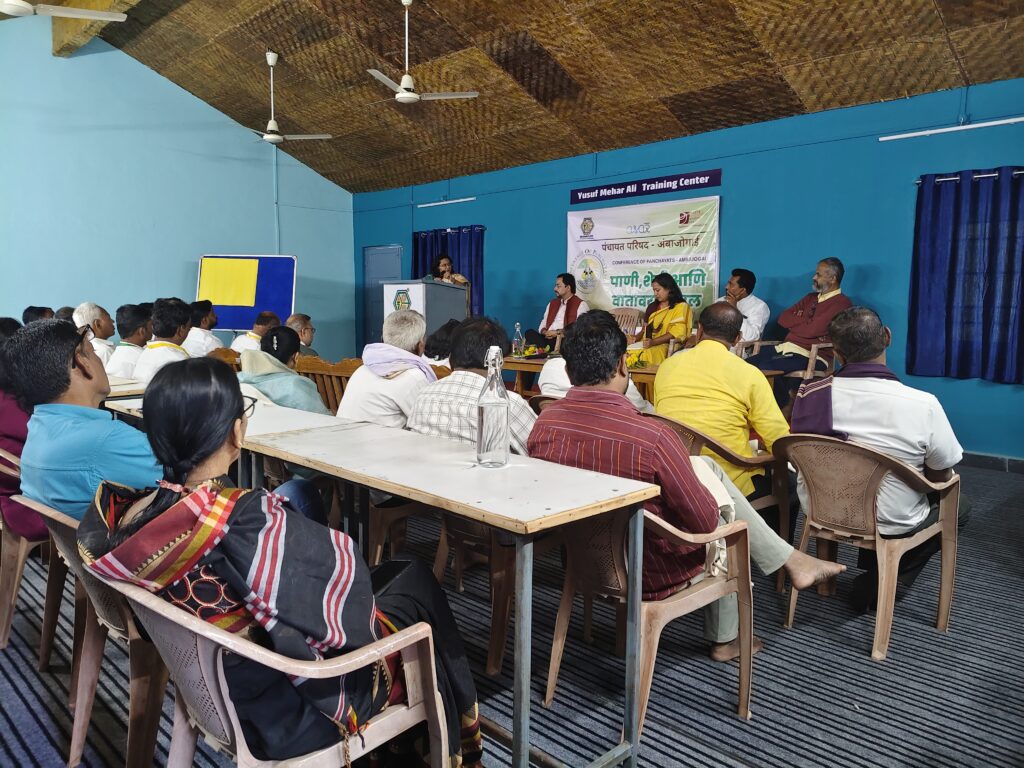
Voices From The Grassroots
One of the most impactful moments of the conference was the participant introductions. Each sarpanch, panchayat member, and representative had a platform to share the key challenges facing their villages. The issues highlighted—irregular rainfall, droughts, heatwaves, and other climate-induced events—revealed a cascade of problems in the Beed district. These included health crises, agricultural and drinking water shortages, migration, effects on livestock, and unemployment. Representatives from Ambajogai, Parli, Dharur, and Kaij talukas vividly portrayed the pressing realities of Marathwada.
As participants narrated their experiences, it became evident that while the impacts of climate change are widespread, the solutions must be rooted in local contexts.
The discussions didn’t stop at problem identification; they extended to exploring actionable strategies. Many participants passionately advocated for greater community engagement and stronger institutional support as essential steps to tackle these challenges effectively.
This conference was unique because, instead of only expert lectures, representatives from each village not only recorded the climate change issues in their areas but also discussed possible solutions. This highlighted the need for local-level guidance. Experts emphasised the need for careful consideration of actions in case of excessive rainfall, as it is often discussed in terms of managing water scarcity.
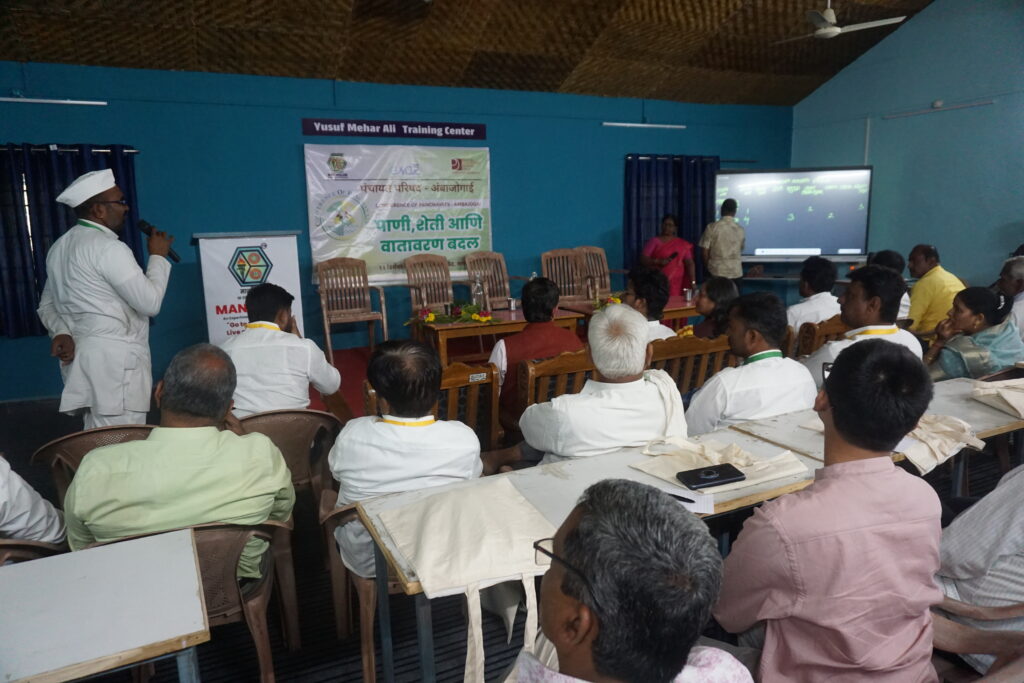
Afternoon Of Solutions And Collaboration
The afternoon session was dedicated to agriculture and water in the context of climate change. The session adopted an interactive format. It combined workshops and focus group discussions to delve deeper into the solutions for water management, drought-resistant crops, and alternative livelihoods. Facilitators posed guiding questions that encouraged participants to brainstorm ideas and share best practices.
For instance, discussions revolved around how panchayats could implement small-scale water conservation projects, such as rainwater harvesting, check dams, and watershed management. Participants also explored the potential for promoting sustainable farming practices, including the use of drought-resistant crops and organic farming techniques.
What stood out during the afternoon session was the spirit of collaboration. The atmosphere was one of cooperation rather than competition. Participants from different villages actively exchanged ideas, shared experiences, and collaborated to find solutions to common problems. The focus was on how local efforts could align with state and national climate goals. The emphasis was on multilevel coordination and partnership.
The discussions were not just theoretical but also practical. Many ideas centred around community-led initiatives that could be scaled up with the support of Panchayats and other local governance structures. These initiatives ranged from improving irrigation systems to promoting climate-smart agricultural practices and addressing the challenges of water scarcity through localised water management.
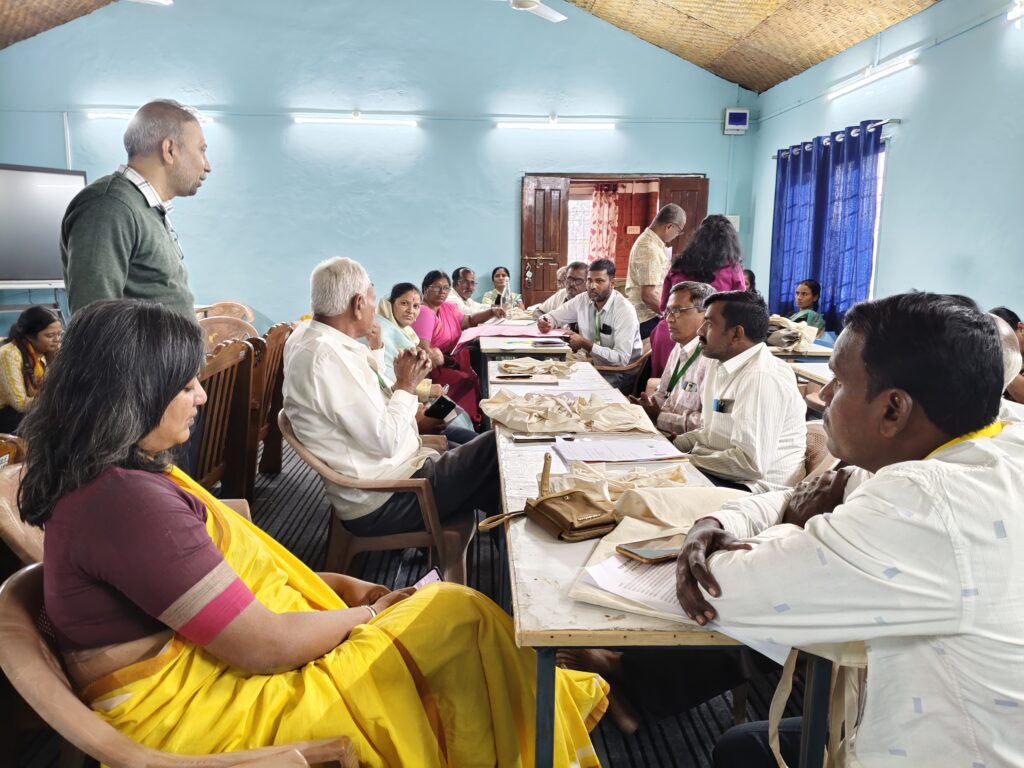
A Day Of Learning
The concluding session summarised the day’s discussions and set the stage for the road ahead. Closing remarks encapsulated the essence of the conference. Climate resilience begins at the grassroots, and panchayats are pivotal in this journey. The conference was more than just an event. It helped spur a collective realisation that local communities hold the power to drive meaningful climate action. While the challenges are immense, the resolve displayed by the participants assured me that Marathwada is ready to lead the way in building a sustainable future.
This conference was the beginning of something bigger—a foundation for long-term collaboration and action. The conversations initiated here will undoubtedly ripple out, inspiring more communities to take charge and adapt to a changing climate.

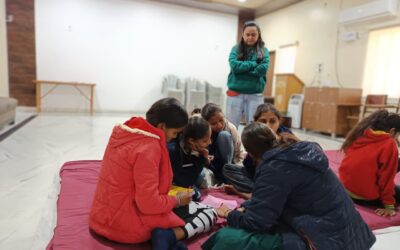
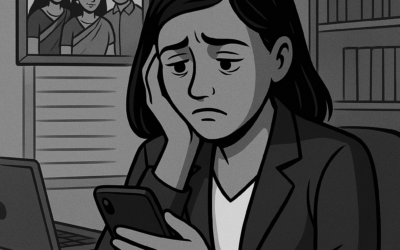
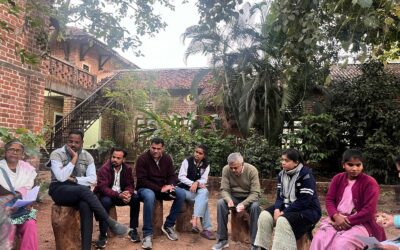
0 Comments